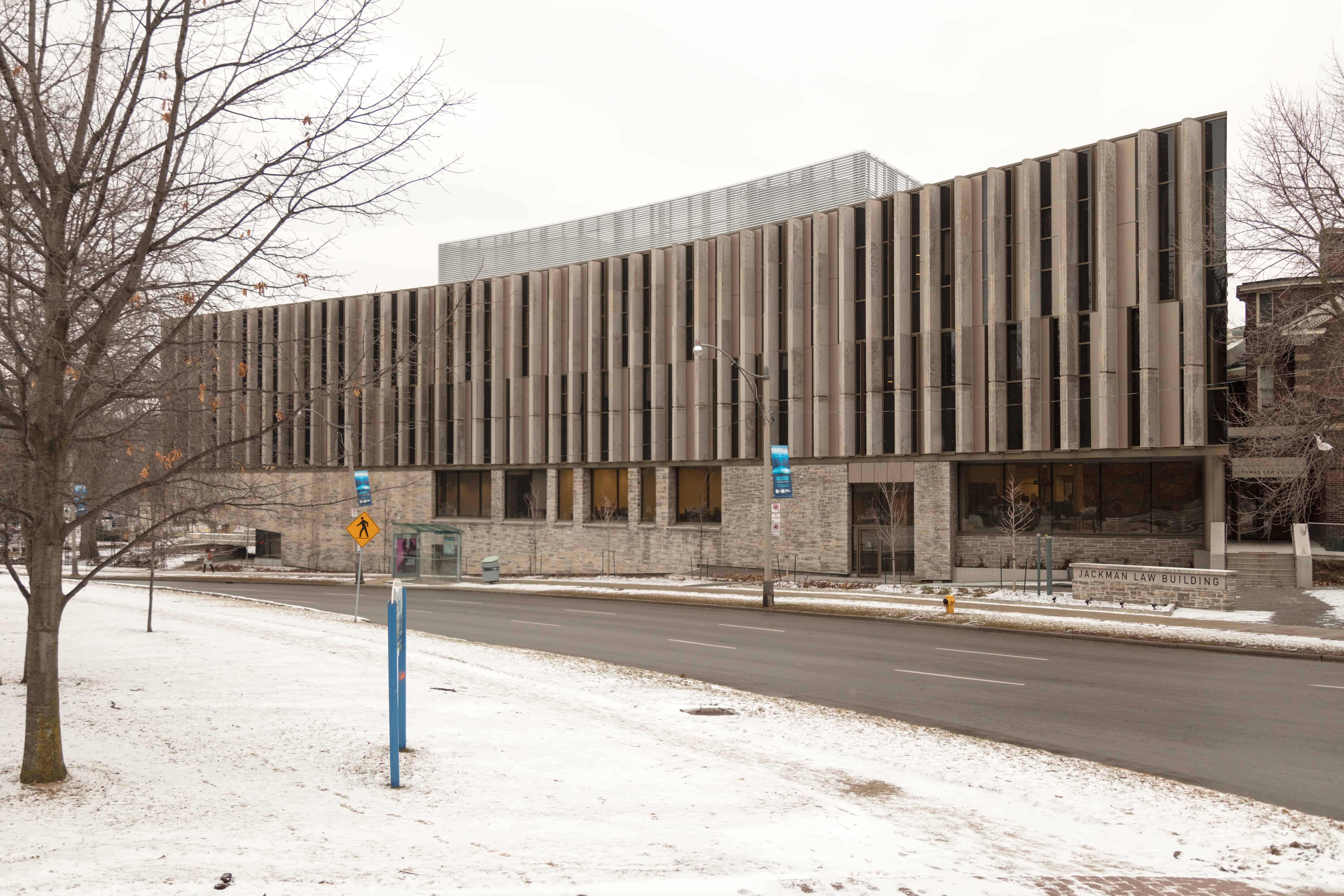Following US President Donald Trump’s recent executive order halting immigration from seven Muslim-majority countries, U of T has been taking action to offer assistance to applicants affected by the ban.
Trump’s order suspended the country’s entire refugee program for 120 days, barred any refugee fleeing the Syrian Civil War indefinitely, and limited the entry of citizens from Yemen, Iran, Somalia, Syria, Sudan, Iraq, and Libya for 90 days. After the decision was signed, hundreds were detained in airports across the country, with thousands stranded around the world, unable to enter.
On February 3, Judge James Robart issued a block on the executive order. As of February 4, the Department of Homeland Security as well as the State Department have stopped enforcing the order and reinstated previously suspended visas. The Trump administration has appealed Robart’s decision.
In a statement issued January 31, four days after the directive had come into effect, Faculty of Law Dean Edward Iacobucci expressed his concern on the matter.
He said, “At the Faculty of Law, we have a special responsibility to champion the rule of law. This week’s seemingly cavalier dismissals of international norms and shared legal understandings by the U.S. President are especially troubling for our community.”
In response to the travel ban, the faculty has extended its application deadline indefinitely for prospective students from the affected countries. This applies for upper-year prospective transfer students as well as first-year applicants.
The faculty has also reached out to some Canadian law students in the United States about the possibility of transferring to U of T, should they wish to do so.
The National Post reported last Friday that the university plans to follow the example of the Faculty of Law by extending its general application deadline for prospective applicants affected by the executive order.
The initial deadline was on January 13. The university has not specified what the new deadline for affected applicants will be.
“Targeting and restricting the travel of individuals really doesn’t align with the values that we have here at U of T,” Vice-Provost Students Sandy Welsh told the National Post.


